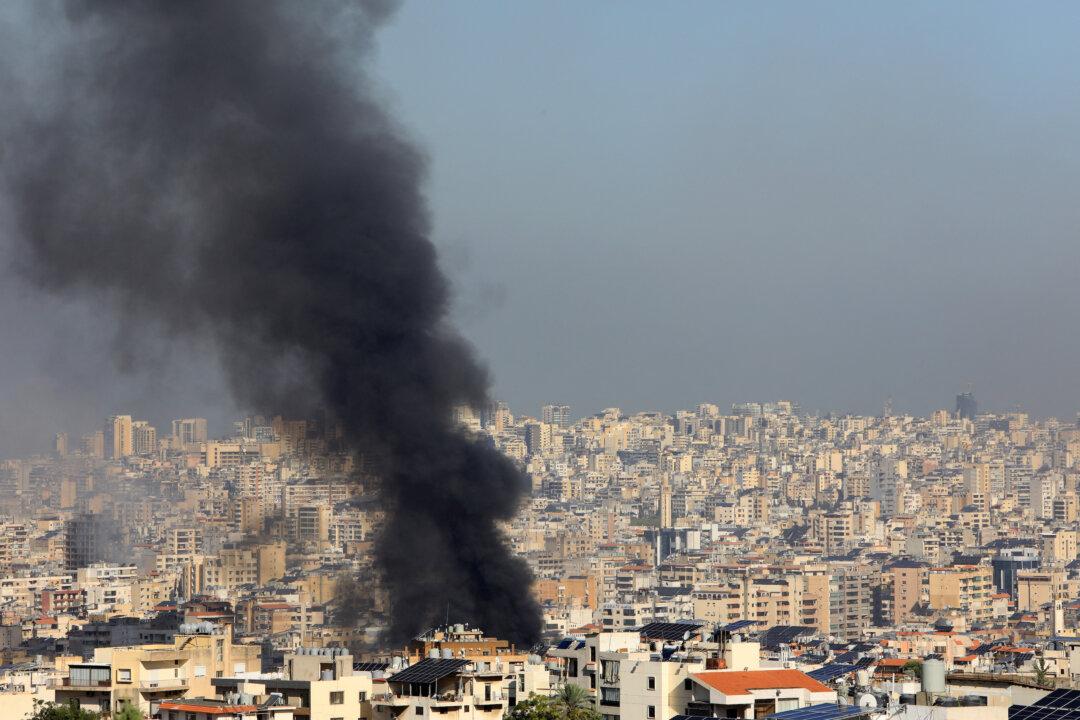Eight Israeli soldiers fell in battle on Oct. 2, the second day of Israeli ground operations inside southern Lebanon.
The eight soldiers, whose deaths were confirmed by the Israel Defense Forces (IDF), are the first Israeli casualties since the IDF announced ground operations within Lebanon in the early morning hours on Oct. 1.





